Blog
Read the latest reflections and insights about human rights and the economy, written by our team and partners around the world.
Showing 91 to 120 of 209 results
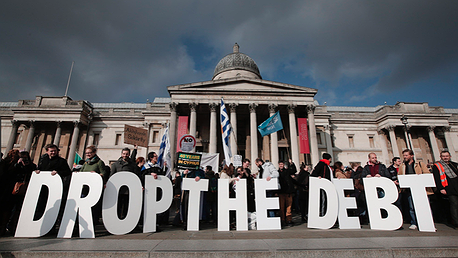
Snapshots from a Lost Decade for human rights: Ten years since the financial crisis
Slideshow illustrates the impacts of CESR's collaborative work monitoring austerity policies and other effects of the 2008 financial crisis.
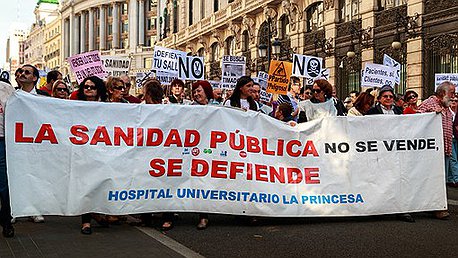
When human rights triumph over austerity: Spain restores universal health care
Spain’s new government ends the exclusion of undocumented migrants from health care, an austerity measure adopted by the former government.
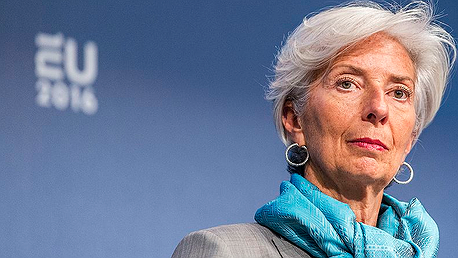
Argentina: the latest IMF austerity package belies Lagarde’s lip service to human rights
A World Leader Award from the Appeal of Conscience Foundation for IMF Managing Director Christine Lagarde is at odds with the IMF's role in promoting austerity packages around the world.
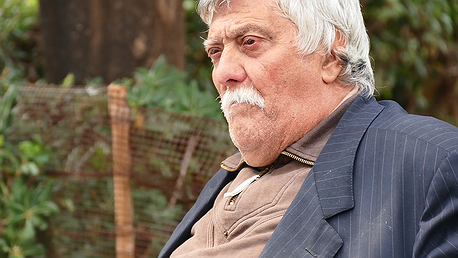
Death by a million cuts: what future for the right to health in Italy?
Since 2012, Italian austerity policies have slashed public health spending by billions of euros, threatening accessibility and widening health inequalities. Are there alternatives?

Rights and resources: fostering governments' compliance with human rights
Governments can realize maximum available resources by referencing current distributional debates and establishing hard law solutions via the international human rights ecosystem.
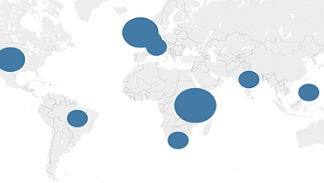
OPERA House Survey Results: A diverse set of users with a diverse set of needs
OPERA House partner survey results have given us a clearer picture of who is using OPERA, CESR's ESC rights monitoring framework, and how it is being used.
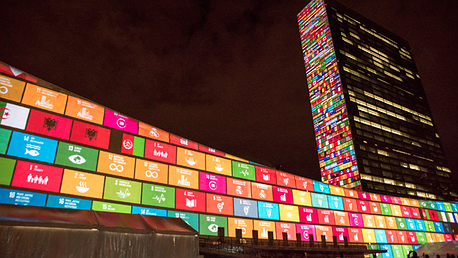
Five key takeaways from the 2018 High Level Political Forum
Valuable information competes with State propaganda and sectoral bubbles while civil society gets sidelined.

Tax abuse leads to human rights abuse
Policy-makers have played Jenga with the broken international corporate tax system for some time. It’s time to build a new foundation for effective taxation of multinationals.
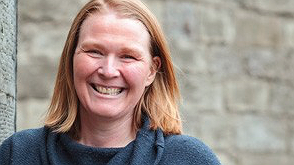
OPERA Stories: Using the framework to map community concerns in Scotland
Alison Hosie discusses how OPERA allowed the Scottish Human Rights Commission's diverse group of workshop participants to approach socioeconomic issues from a more human rights-based analytical perspective.
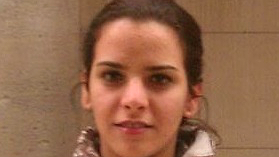
OPERA Stories: Using metrics to reframe “progress” in Egypt
Heba Khalil is a longstanding collaborator with CESR, most recently on the Egypt Social Progress Indicators. She is a PhD student at the University of Illinois and a researcher with the Social Justice Platform (SJP).
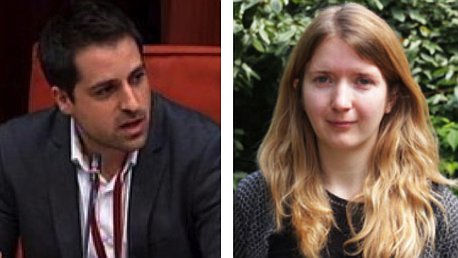
OPERA Stories: Giving indicators and benchmarks a human face in the UK
Koldo Casla and Imogen Richmond-Bishop discuss using OPERA in a national human rights context and the importance of a human element in rights advocacy work.
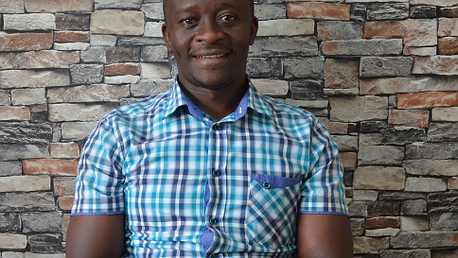
OPERA Stories: Advancing rights implementation in Kenya
This first blog in our “OPERA Stories” series highlights NGO Hakijamii's use of OPERA, our analytic framework, to support rights-claiming in Kenya.

Overturning Austerity: Spain reestablishes universal access to healthcare
A sustained and coordinated fight by Spanish civil society and CESR obtained a promise from the new government to repeal a decree that deprived nearly one million the right to health.
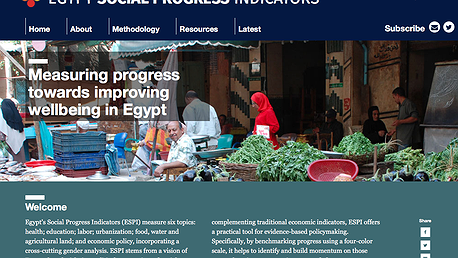
Egypt: New rights-based metric measures social and development progress
A new metric, developed jointly by CESR and its partners in Egypt, offers a more multidimensional view of the socioeconomic situation in Egypt and its human impacts.
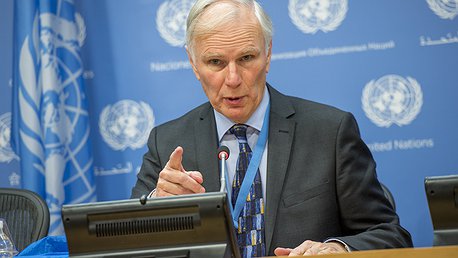
UN poverty expert urges the U.S. to “get real about taxes”
U.N. poverty expert Philip Alston's report on U.S. poverty reflects CESR concerns about effects of tax cuts on human rights and inequality.
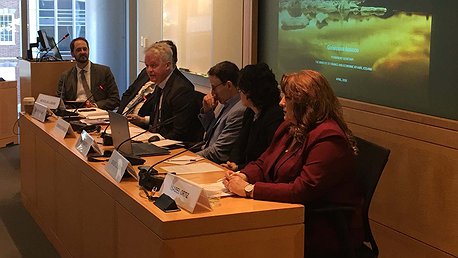
Rights in an Age of Austerity: Encouraging Fiscal Alternatives at the IMF
This spring, CESR challenged the IMF to stop supporting harmful fiscal consolidation measures, as in Brazil, Peru, Spain and Egypt,

Human rights must rise to the challenge of growing inequality, not retreat in defeat
The challenges economic inequality poses for human rights are not the death knell for the movement but a wake-up call for a more holistic approach.
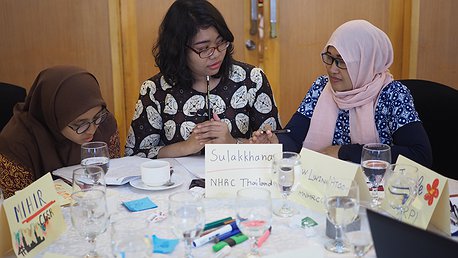
The next act for OPERA
The OPERA House project asks which tools human rights activists need to better understand and tackle the unjust socioeconomic structures that cause so many of the world’s human rights violations.

Economic inequality and human rights: towards a more nuanced assessment
The challenges facing human rights are not the death knell for the movement, but a wake up call for a more holistic approach.
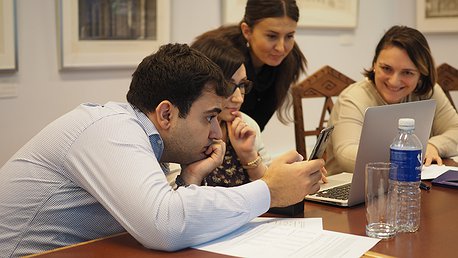
The next act for OPERA: Part 2—How do we get there?
CESR wants to deepen its understanding of who is currently using OPERA or its related methodological tools, and how. We’re inviting interested collaborators to sign up to learn more about getting involved in the OPERA House project.
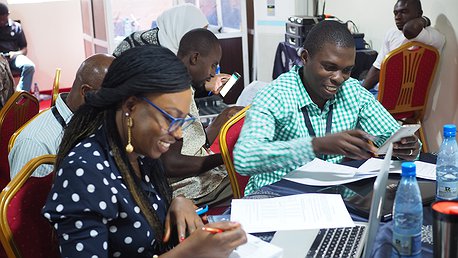
The next act for OPERA: Part 1—From where to where?
What tools do human rights activists need to better understand, and, more importantly, tackle, the unjust socioeconomic structures that cause so many of the world’s human rights violations? The Center for Economic and Social Rights is excited to embark on a new project over the next six months—the OPERA House—that seeks to answer that question.
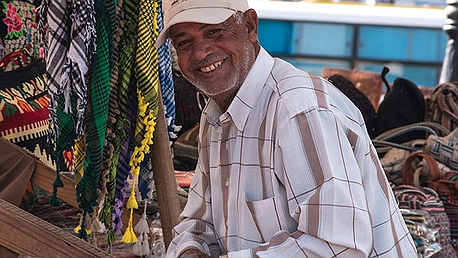
IMF Springs: Reconciling conflicting messages on austerity and inequality
At the Spring Meetings of the IMF and the World Bank this week, CESR will share its work on human rights in times of austerity, and will promote more sufficient, equitable and accountable fiscal policies that uphold human rights.
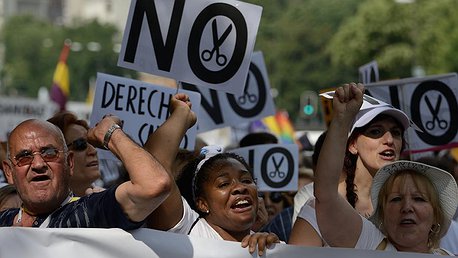
Assessing Austerity: Tools for preventing another Lost Decade for human rights
Setting out a methodological framework for assessing and addressing the human rights impacts of fiscal consolidation.
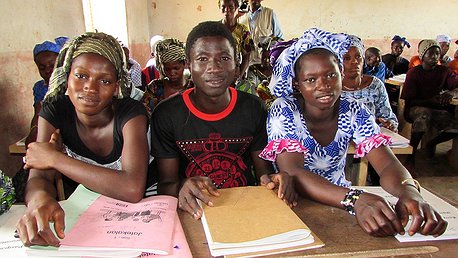
Two years on, can human rights rescue the 2030 Agenda?
Two years since the 2030 Agenda for Sustainable Development came into force, a “business as usual” approach to implementation risks betraying its lofty ambition to “transform our world.”
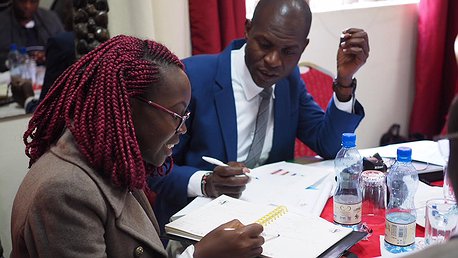
Kenya: Using OPERA to ensure UN recommendations are met
While UN human rights bodies are issuing stronger recommendations on ESCR, CESR works with national partners around the world to build up implementation tracking mechanisms.
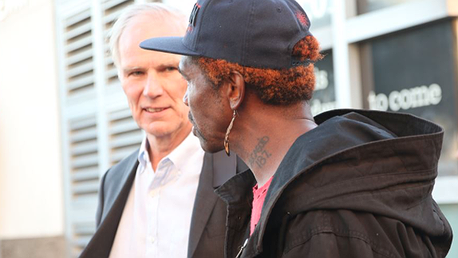
USA: Extreme poverty and inequality in a land of plenty
The UN Special Rapporteur on Extreme Poverty and Human Rights undertook a revealing fact-finding mission to the USA.
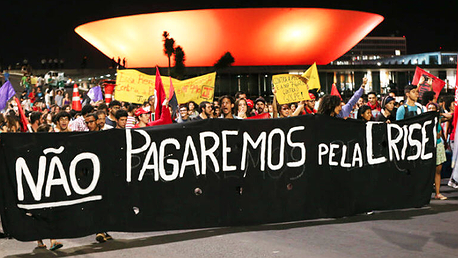
We can't afford another "lost decade"
Ignacio Saiz explains how CESR’s work this year pinpoints austerity as the single most pervasive threat to economic and social rights worldwide. Please consider making a year-end contribution toward CESR's efforts.

U.S. Tax Plan’s Spiraling Consequences for Human Rights and Poverty – At Home and Abroad
CESR's Niko Lusiani writes in FACTCoalition about CESR bringing the human rights costs of the proposed U.S. tax cuts to the attention of leading UN human rights official Philip Alston now investigating poverty in the country.
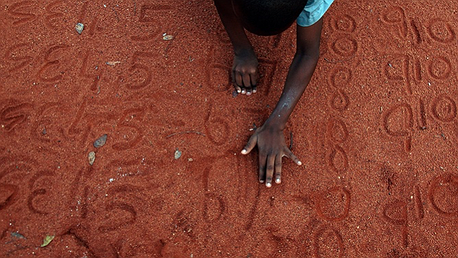
How Data Is Helping in the Struggle for the Right to Education in South Africa
CESR's Allison Corkery writes in Open Society Foundations Voices blog about using OPERA tool with Legal Resources Centre to identify indicators and analyze data for tracking implementation on South African education rights case.
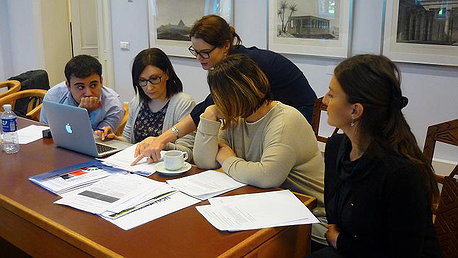
Sharp data skills and strategic venue choices key to claiming ESCR
CESR workshopped with multiple European partners in Riga, Latvia to strengthen national human rights institutes' capacity to increase skills for handling ESCR complaints and monitoring socioeconomic policies.